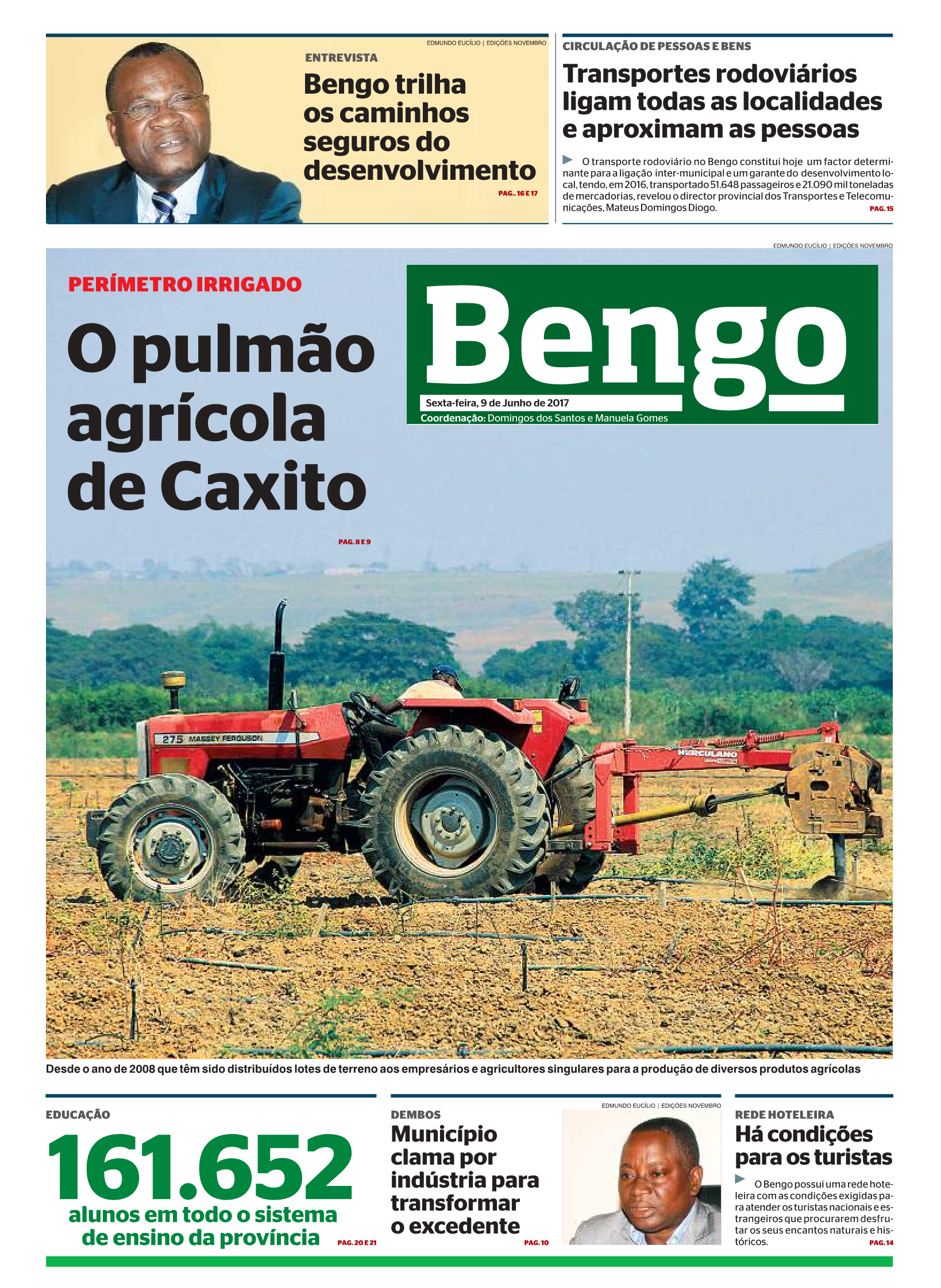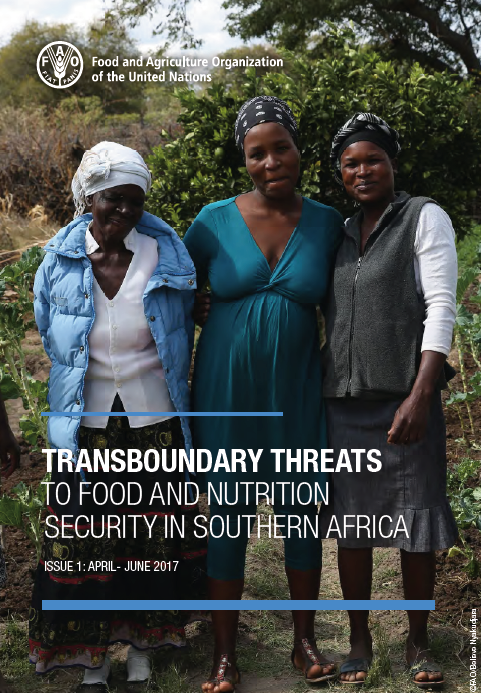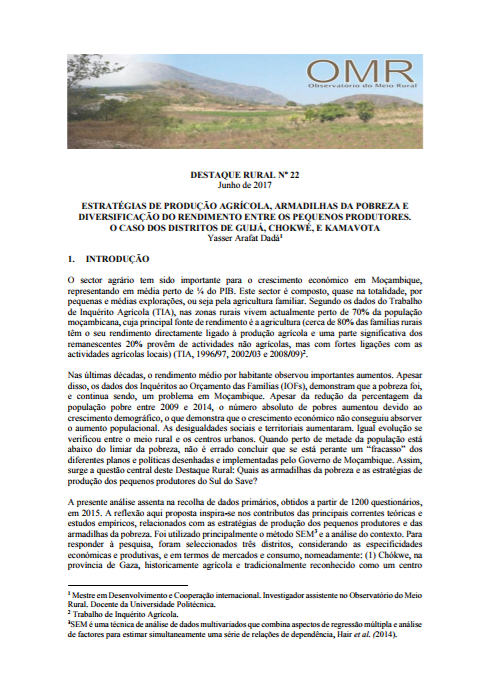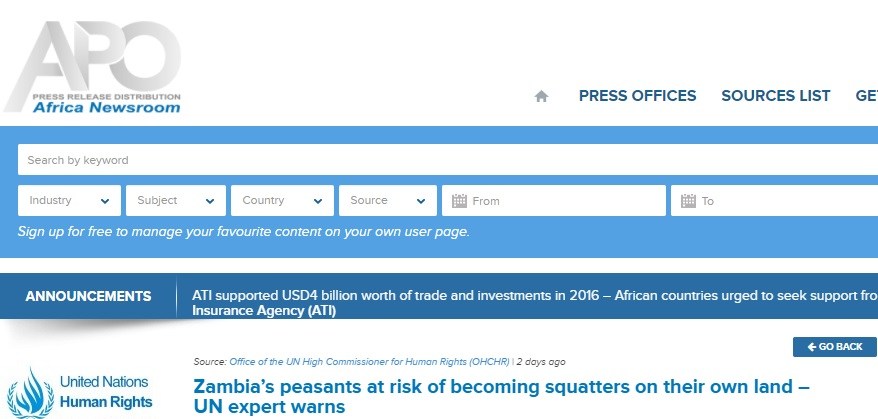Agriculture en Afrique : les investissements privés aggravent l’insécurité alimentaire
Date: juin 2017
Source: CCFD-Terre Solidaire
A l’occasion du G20 Africa Partnership qui se tiendra les 12 et 13 juin 2017 à Berlin, Action contre la Faim, le CCFD-Terre Solidaire et Oxfam France publient le rapport « Agriculture africaine : l’impasse des pôles de croissance agricoles » qui illustre les dynamiques d’investissement agricoles actuellement à l’œuvre en Afrique.









